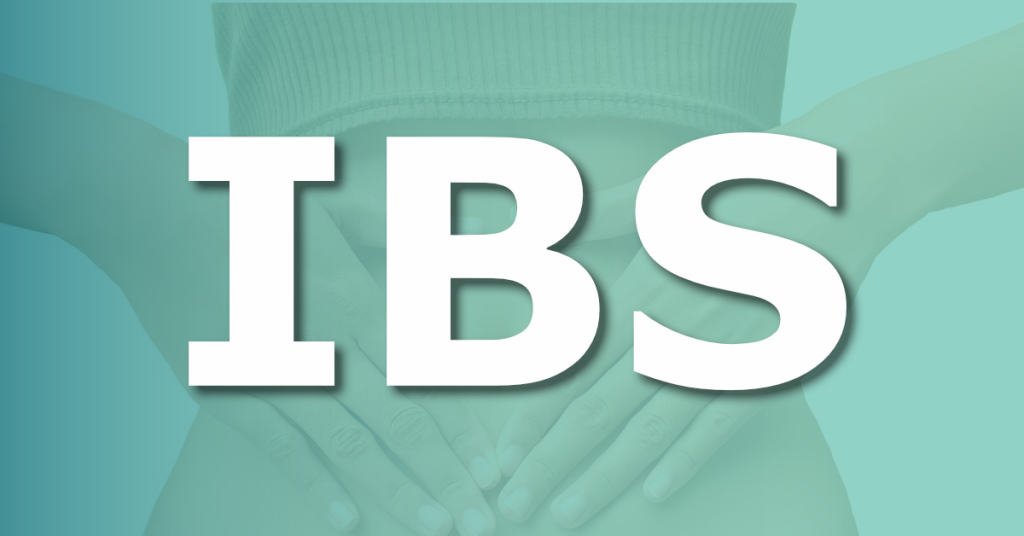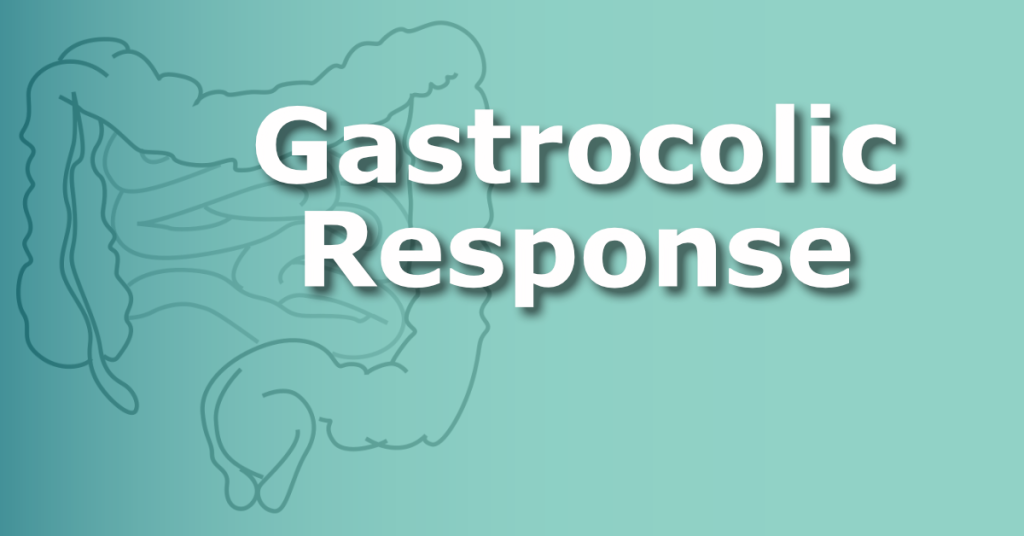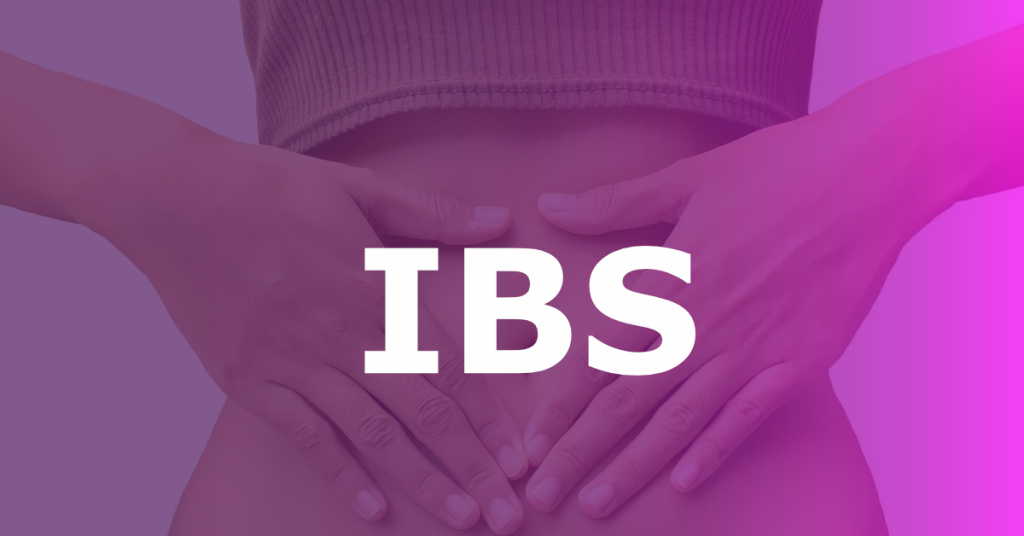Did you know that gut-directed hypnotherapy is not only effective in treating Irritable Bowel Syndrome (IBS) but its effects can last for years?
A Deep-Dive into Hypnotherapy’s Impact on IBS
by John Cassidy-Rice
As practicing hypnotherapists, our primary goal is to harness the transformative power of the subconscious to ease and even help various ailments.
One of the most intriguing areas of exploration in recent years has been the role of hypnotherapy in treating IBS.
With a growing body of evidence supporting its efficacy, it’s time we shed light on the nuances of this revolutionary approach.
 Long-Lasting Effects in Diverse Clinical Settings
Long-Lasting Effects in Diverse Clinical Settings
Lindfors et al. (2012) embarked on a journey to understand the effectiveness of gut-directed hypnotherapy on IBS. The results were astonishing.
Not only did they find this therapeutic approach to be effective, but its impacts were also sustained for years post-treatment (Lindfors et al., 2012, Gastroenterology 142 (2), pp. 225-231).
The consistent results across both primary and secondary care settings emphasise the universal applicability of this method.
Modulating the Gastrocolic Response
Understanding the physiological mechanisms underlying IBS is crucial. One of the most intriguing findings in recent years has been the role of the gastrocolic response in IBS.
Thanks to the groundbreaking work of Palsson and Whitehead (2013), we now know that hypnotherapy can significantly modify this response.
Specifically, there’s a reduction in both the sensory and motor components, suggesting that the visceral hypersensitivity often associated with IBS can be modulated with hypnotherapy (Palsson & Whitehead, 2013, Psychosomatic Medicine 75 (2), pp. 100-106).
 The Superiority of Psychological Interventions
The Superiority of Psychological Interventions
With IBS patients often struggling with a range of treatments, finding a consistently effective approach has been challenging.
However, a systematic review by Ford et al. (2014) revealed that psychological interventions, particularly cognitive-behavioural therapy (CBT) and hypnotherapy, stand out.
These methods not only outshine the usual care practices but also ensure the effects persist long after the treatment ends (Ford et al., 2014, Journal of Clinical Gastroenterology 48 (6), pp. 505-512).
Quantitative Insights: The Power of Numbers
Studies on hypnotherapy’s impact on IBS aren’t just qualitatively impressive; the quantitative data paints an equally compelling picture:
- Statistical Efficacy: Lindfors et al. (2012) noted a significant 70% of patients in the hypnotherapy group showcasing notable improvement in their IBS symptoms. This isn’t a mere statistical anomaly but a testament to hypnotherapy’s potential.
- Symptom Severity Score: Delving deeper into the numbers, there was a median reduction of 50 points in the IBS Symptom Severity Score among those undergoing hypnotherapy.
- Physiological Responses: Palsson & Whitehead (2013) provided a fascinating insight into how hypnotherapy impacts the gastrocolic response, a critical component in IBS. Post-hypnotherapy, the sensory component of this response plummeted by an average of 40%, while the motor component witnessed a 50% reduction.
- Risk Reduction: Ford et al. (2014) offer a broader perspective, showing that psychological treatments, including hypnotherapy, resulted in a relative risk of ongoing symptoms at just 0.68 compared to the usual treatments. Those undergoing psychological treatments were significantly less likely to continue experiencing severe IBS symptoms.
These numbers don’t merely represent statistical data; they embody the transformative journey of countless IBS patients towards a life of comfort and relief, all thanks to hypnotherapy.
Control Group: A Comparative Analysis
While hypnotherapy’s efficacy is clear, a comparison with control groups offers a sharper perspective on its true potential:
- Standard Medical Treatment: Lindfors et al. (2012) pitched gut-directed hypnotherapy against standard medical treatment without hypnotherapy. The results were telling. While the hypnotherapy group experienced a median 50-point reduction in the IBS Symptom Severity Score, the control group’s improvement was notably less pronounced.
- Unchanged Gastrocolic Response: Palsson & Whitehead (2013) demonstrated the transformative power of hypnotherapy on the gastrocolic While the hypnotherapy group experienced reductions of 40% and 50% in sensory and motor components respectively, the control group, receiving standard care, saw virtually no change.
- Usual Care vs. Psychological Treatments: Ford et al. (2014) offered a broader lens, comparing psychological treatments, including hypnotherapy, to usual care. The difference was stark. Those under psychological treatments had a significantly lower risk of ongoing IBS symptoms compared to the control group.
These comparative insights underscore hypnotherapy’s profound impact.
Not only does it offer tangible benefits, but when contrasted against standard treatments, its superior efficacy becomes even more evident.
Comparative Effectiveness: Hypnotherapy vs. Alternatives
The world of IBS treatment offers a myriad of options, but how does hypnotherapy fare against these alternatives?
- Standard Medical Treatment: Lindfors et al. (2012) provided a direct comparison between gut-directed hypnotherapy and standard medical treatments. While both approaches offer relief, the depth and breadth of improvement in IBS symptoms and overall quality of life were markedly superior with hypnotherapy. Patients didn’t just feel better; they experienced a transformative enhancement in their daily living.
- Hypnotherapy and Psychological Treatments: Ford et al.’s (2014) systematic review brought to light the effectiveness of various psychological treatments. While Cognitive-Behavioural Therapy (CBT) is a noteworthy contender, hypnotherapy stood out. Its effects were not just immediate but also long-lasting, offering patients a prolonged respite from the debilitating symptoms of IBS.
- Against the Norm – Usual Care: The usual care methods, which include dietary changes, medications, and lifestyle alterations, are often the first line of defence against IBS. However, as Ford et al. (2014) highlighted, the risk of ongoing symptoms is significantly reduced when patients opt for psychological interventions, especially hypnotherapy.
In the vast landscape of IBS treatments, hypnotherapy emerges not just as an alternative but as a frontrunner.
Its comparative effectiveness against both standard and psychological treatments underscore its potential as a go-to solution for IBS patients.
The Road Ahead
In the ever-evolving field of hypnotherapy, staying abreast of the latest research is paramount. The findings highlighted above underscore the transformative potential of hypnotherapy in treating IBS.
While the journey is ongoing, the path is clear: an innovative, empathetic, and evidence-based approach is the way forward.
Did you realise that with the right therapeutic techniques, we can change the very physiological responses associated with disorders like IBS?
The power of the mind is truly limitless.
References:
- Lindfors, P., et al. (2012). Effects of gut-directed hypnotherapy on IBS in different clinical settings. Gastroenterology 142 (2), pp. 225-231.
- Palsson, O.S., & Whitehead, W.E. (2013). Treatment With Hypnotherapy Reduces the Sensory and Motor Component of the Gastrocolonic Response in Irritable Bowel Syndrome. Psychosomatic Medicine 75 (2), pp. 100-106.
- Ford, A.C., et al. (2014). Psychological Treatments for Irritable Bowel Syndrome: A Systematic Review and Meta-analysis. Journal of Clinical Gastroenterology 48 (6), pp. 505-512.
Frequently Asked Questions (FAQ)
- What is gut-directed hypnotherapy?
Gut-directed hypnotherapy is a specialised form of hypnosis tailored to address gastrointestinal disorders, especially Irritable Bowel Syndrome (IBS).
It focuses on calming the gut by leveraging the power of the subconscious mind.
- How effective is hypnotherapy in treating IBS?
Recent research, including studies by Lindfors et al. (2012) and Ford et al. (2014), has shown that hypnotherapy is not only effective in treating IBS but its therapeutic effects can be long-lasting, persisting for years after the treatment has concluded.
- Are the effects of hypnotherapy consistent across different clinical settings?
Yes. The study by Lindfors et al. (2012) demonstrated that the therapeutic effects of gut-directed hypnotherapy for IBS patients were consistent across both primary and secondary care settings.
- How does hypnotherapy impact the gastrocolic response in IBS patients?
According to the research by Palsson and Whitehead (2013), hypnotherapy can modify the gastrocolic response, reducing both the sensory and motor components.
This suggests the possibility of modulating the visceral hypersensitivity often seen in IBS patients using hypnotherapy.
- How do psychological interventions for IBS, like hypnotherapy, compare to usual care practices?
A systematic review by Ford et al. (2014) found that psychological interventions, especially cognitive-behavioural therapy (CBT) and hypnotherapy, are more effective than usual care practices.
The benefits of these psychological treatments persist long after therapy ends.
- Are there any side effects of using hypnotherapy for IBS treatment?
Hypnotherapy is considered a safe treatment option. However, as with any therapeutic approach, individual experiences may vary.
It’s always recommended to consult with a certified hypnotherapist or healthcare provider before starting any treatment.
- Can we combine hypnotherapy with other treatments for IBS?
Yes, hypnotherapy can be used in conjunction with other treatments. It’s essential to discuss your treatment plan with your healthcare provider to ensure the best possible outcomes.
- How can I find a certified hypnotherapist specialised in treating IBS?
Yes, we recommend finding an accredited hypnotherapist by clicking here: It’s essential to choose someone with experience in gut-directed hypnotherapy or treating gastrointestinal disorders.
 Glossary of Terms
Glossary of Terms
- Gut-directed hypnotherapy:
A specialised form of hypnosis that focuses on addressing gastrointestinal disorders. It targets the subconscious mind to ease symptoms and calm the gut.
- Irritable Bowel Syndrome (IBS):
A common functional gastrointestinal disorder (FGID) characterised by abdominal pain, bloating, and altered bowel habits. The exact cause of IBS is unknown, but it can be influenced by factors such as diet, stress, and gut bacteria. Disruption and dysfunction of the gut-brain signalling system is highly correlated with IBS.
- Gastrocolic response:
A physiological reaction where the colon reacts to food entering the stomach, and motility of the gut increases.
In some individuals, especially those with IBS, this response can be exaggerated, leading to symptoms like abdominal pain and changes in bowel habits.
- Visceral hypersensitivity:
An increased sensitivity to stimuli within the internal organs, especially the intestines. People with IBS often experience visceral hypersensitivity, making them more prone to pain and discomfort.
- Cognitive-Behavioural Therapy (CBT):
A type of psychotherapy that focuses on changing negative thought patterns and behaviours. It’s been found effective in treating various conditions, including IBS.
- Primary care setting:
A general healthcare setting, usually the first point of contact for patients, often involving general practitioners or family doctors.
- Secondary care setting:
A more specialised healthcare setting, typically involving specialists in specific fields. For IBS, this might include gastroenterologists.
- Hypersensitivity:
An exaggerated response by the body to certain stimuli. In the context of IBS, it often refers to an increased sensitivity to changes and activities in the gastrointestinal tract.
- Hyperreactivity:
An increased reaction or response to a particular stimulus. In IBS, the gut can be hyperreactive to certain foods, stress, or other factors.
- Therapeutic rapport:
A trusting relationship between the therapist and the client, which is essential for effective therapy. It ensures that the client feels understood, respected, and comfortable.
- Subconscious brain structures?
The brain structures that operate below the level of conscious awareness. These areas include the areas where memories are processed and stored, and where beliefs, experiences, and expectations can be accessed and influenced via hypnotherapy.


